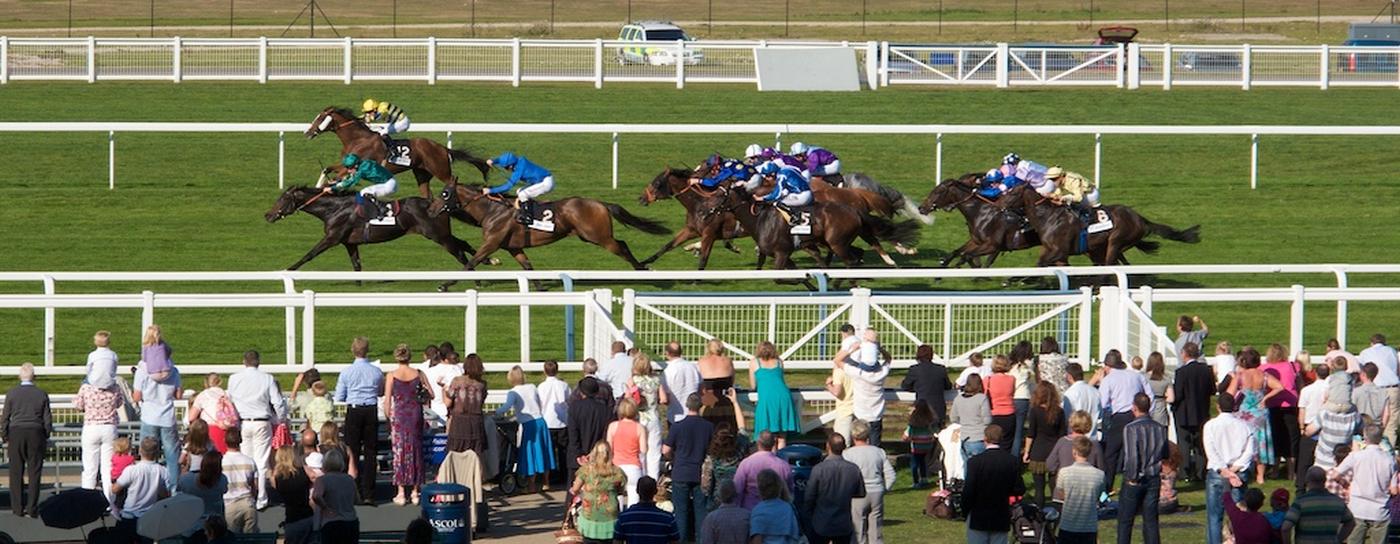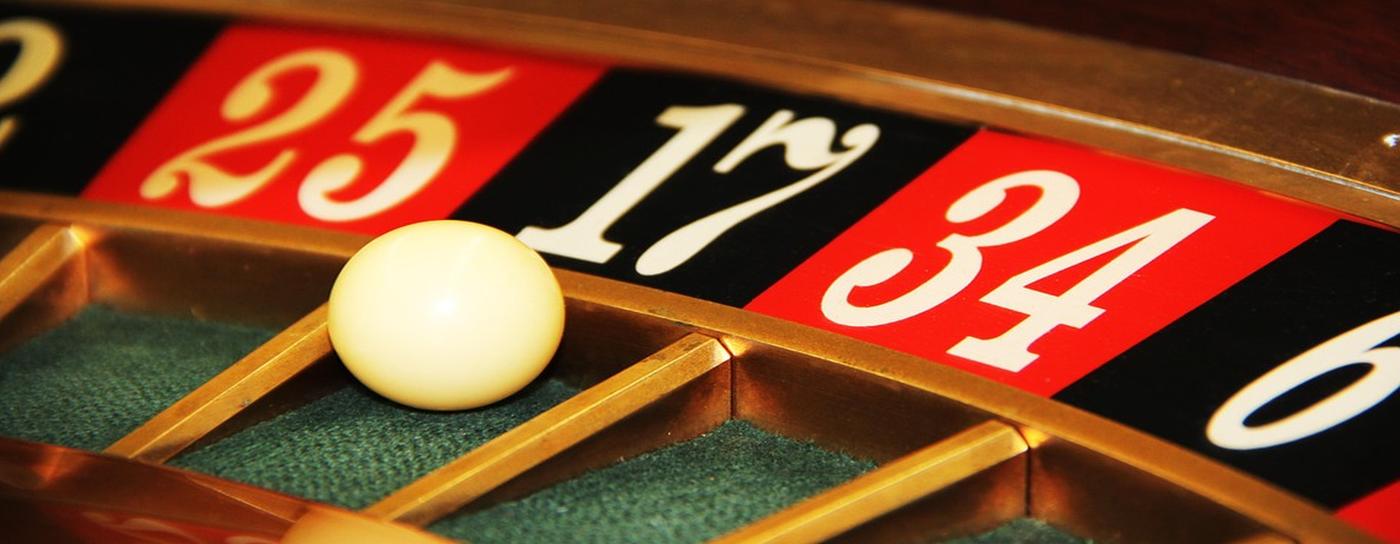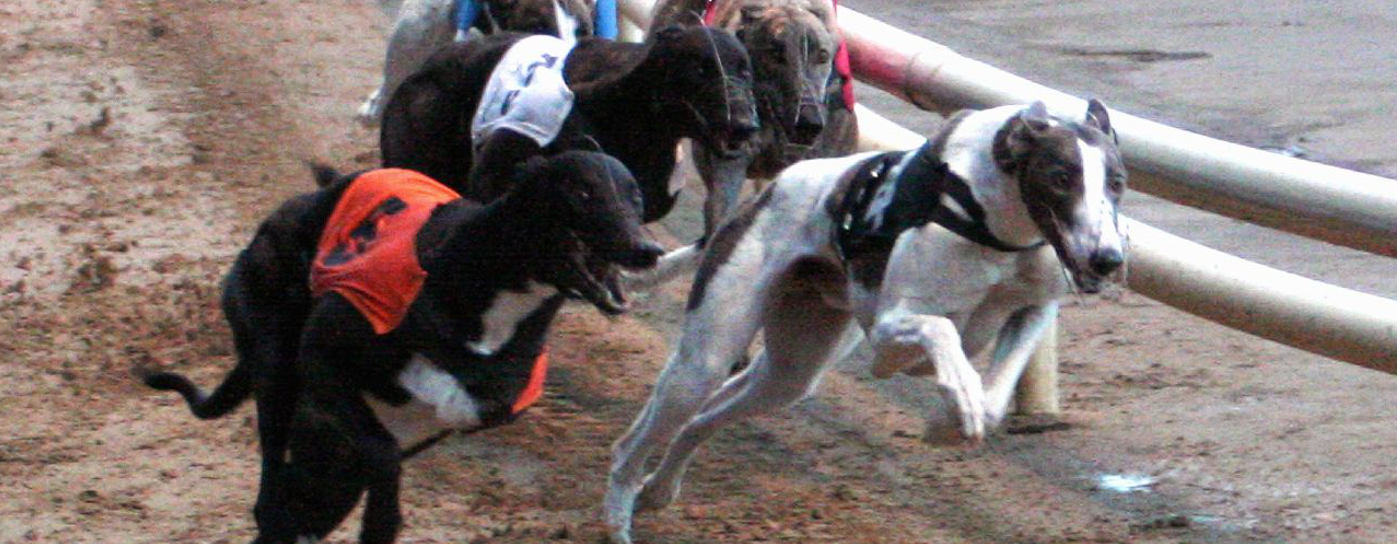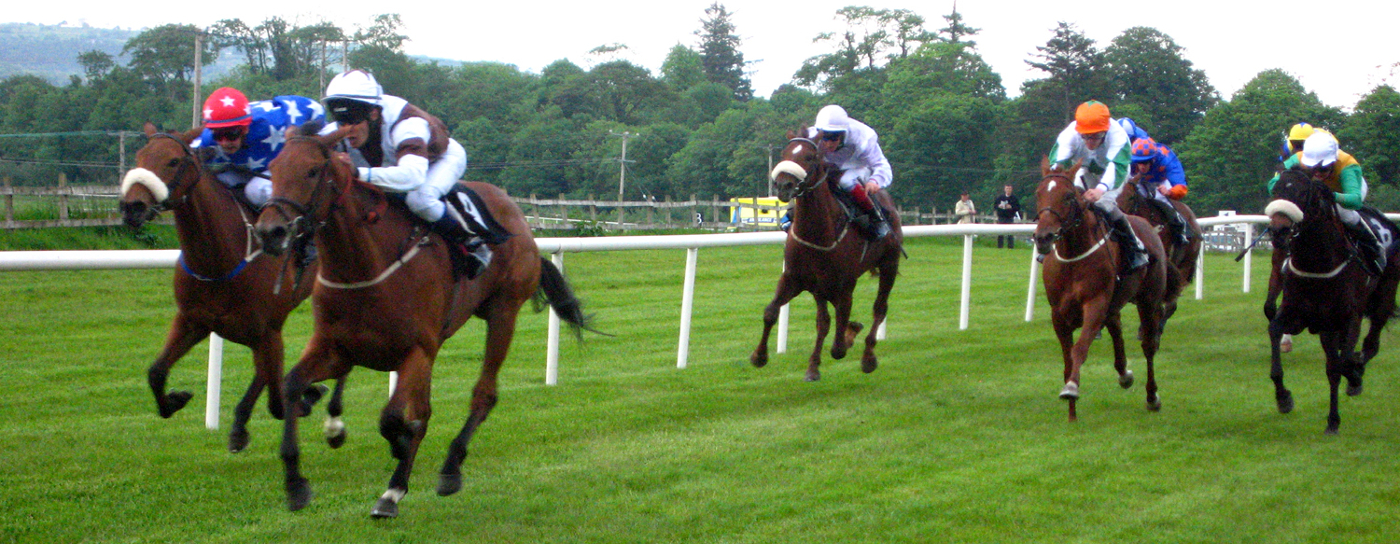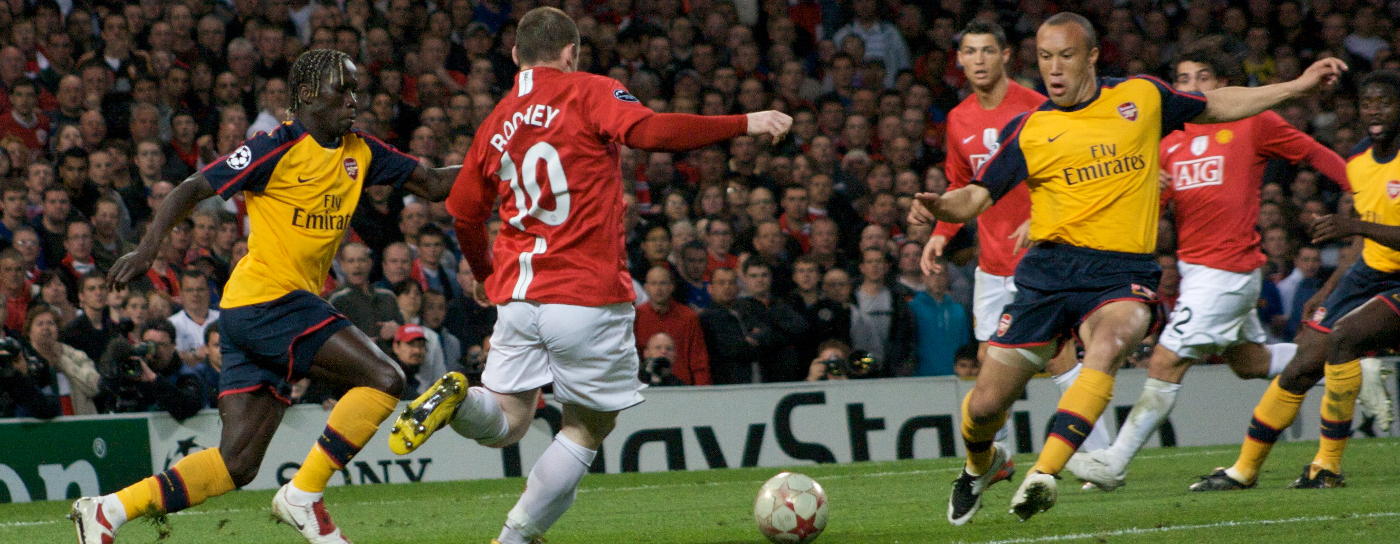
Earlier in the week I was asked to provide an overview of what I didn’t like about an article that appeared in ‘The Times’ entitled ‘Gambling and gambling disorder are two completely different things’, so here goes.
“Seven years on from the act becoming law, the strength of MPs’ and peers’ commitment to liberal tolerance is set to be tested again from a very different perspective: the degree to which people’s freedom to have a bet should be curtailed.” At one point in time both these activities were banned (gay marriage & gambling), but apart from this I think this comparison is irrelevant, therefore awful. It’s preposterous to suggest that the decisions being faced by this Parliament are remotely similar to those faced in 2013 on gay marriage. This focus on being liberal or illiberal is a scare tactic that we continually see in modern politics and, of course, in reputation management (we read a few scare tactics in this article). It has never been easier to gamble (understatement) and it will still be easy after the consultation unless you are profiled as a potential winner.
“Their colleagues in the anti-gambling lobby.” “Nor do such abolitionists.” Boring Betting and Gaming Council ‘parrot’ phrases, which don’t reflect 99% of the people campaigning. I suppose one abolitionist is one abolitionist too many though.
“Traditional working-class, so-called red wall communities.” Gambling is not a class war, neither is it about particular political seats.
“My sense that large majorities in communities like my former constituency will take a dim view of politicians who are seen to be passing judgment on, and unnecessarily restricting, an important aspect of their culture.“ Where is the evidence for this? A large proportion of the community do not bet on sports or on casino games (on land or online).
“Scale of betting restrictions actually risks the survival of cherished sports completely.” Such as and where is the evidence that this is likely to happen?
“Threaten the survival of darts, rugby league, lower league football and snooker.” All survived before 2005 when gambling advertising was first allowed and will survive if an advertising ban is implemented.
“The rate of problem gambling is 0.5 per cent and has been stable for the past 20 years.” This is according to weak evidence that hasn’t been improved on, because there is no money to do appropriate research. In the UK we have no idea of both the incidence and life time prevalence of gambling disorder.
“So, let’s demand companies take significantly more action in identifying and acting when their customers are showing warning signs of problem behaviour.” Read and heard this so many times. The reality is that you’re asking an industry to stop trading with their best customers, so some companies will, but most won’t stop trading at a sensible time, which equals a failure to protect vulnerable people to the best of an industry’s ability. We need an ombudsman, whom can enact harsh penalties for rule breakers, including loss of personal licences (not ever used as far as I know) and possibly criminal prosecutions.
“Let’s insist those who profit from betting invest more in treatment for the minority who suffer from addiction.” Fair point, but if Lord Walney was really on top of the issue he writes about he would be calling for both a statutory levy and investment in NHS services that provide interventions with published evidence of efficacy, e.g. cognitive behavioural therapy, unlike most of the treatment paid for by Gambleaware, e.g. counselling, which lacks an evidence base.
“As well as asking companies to do even more than they currently do to keep struggling sports afloat.” Gambling corporations, like all corporations are not charities, to hint they spend money in such a way, as this sentence does, is more than likely a misrepresentation of the objectives of said spend.
“And they should ensure that the vast majority of punters who bet responsibly are able to continue doing so.” Do you really believe a Conservative government advised by senior DCMS civil servants who have been in post for a long period and who have continually supported light touch regulation will suddenly change?
And finally, I suspect Lord Walney was helped by at least one other to write this article? Please stop insulting peoples’ intelligence. This article is full of Betting and Gaming Council phrases.
I apologise if any of my observations are inaccurate, but I hope they are of some use and explain why I wasn’t impressed by this article?

